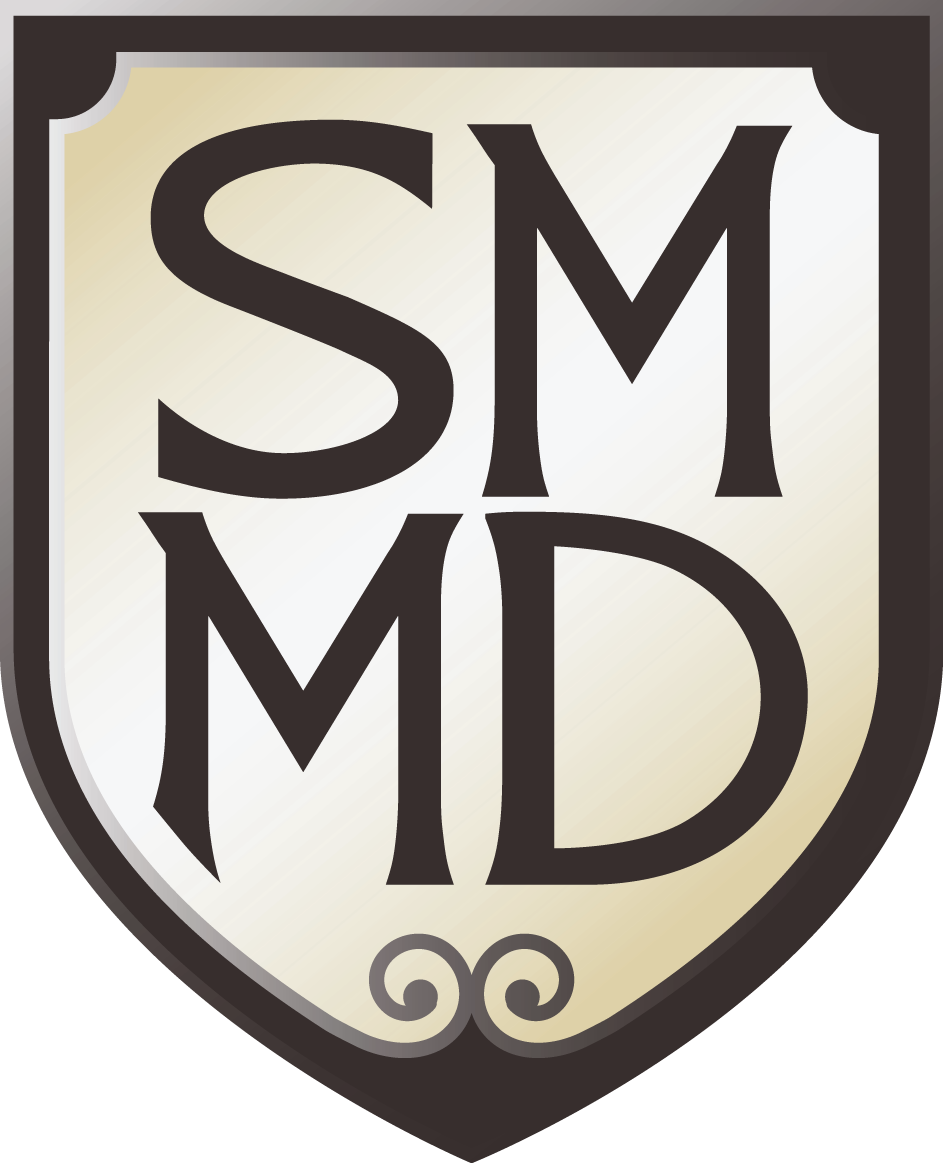Eur Heart J. 2008 Nov;29(21):2660-8.
Hormone therapy and risk of myocardial infarction: a national register study.
Løkkegaard E, Andreasen AH, Jacobsen RK, Nielsen LH, Agger C, Lidegaard Ø.
Gynaecological Clinic, Rigshospitalet, Copenhagen Ø, Denmark.
Comment in: Womens Health (Lond Engl). 2009 Jan;5(1):29-31.
AIM: To assess the risk of myocardial infarction (MI) as a result of hormone therapy (HT), with focus on the influence of age, duration of HT, various regimens and routes, progestagen type, and oestrogen dose.
METHODS AND RESULTS: All healthy Danish women (n = 698,098, aged 51-69) were followed during 1995-2001. On the basis of a central prescription registry, daily updated national capture on HT was determined. National Registers identified 4947 MI incidents. Poisson regression analyses estimated rate ratios (RRs). Overall, we found no increased risk [RR 1.03 (95% CI: 0.95-1.11)] of MI with the current HT compared with women who never used HT; age-stratified RR among women aged 51-54, 55-59, 60-64, and 65-69 years were 1.24 (1.02-1.51), 0.96 (0.82-1.12), 1.11 (0.97-1.27), and 0.92 (0.80-1.06), respectively. An increasing risk with longer duration was found for younger women, which was not observed with older age groups. In all age groups, the highest risk of MI was found with continuous HT regimen. No increased risk was found with unopposed oestrogen, cyclic combined therapy, or tibolone. Significantly lower risk was found with dermal route than oral unopposed oestrogen therapy (P = 0.04). No associations were found with progestagen type or oestrogen dose.
CONCLUSION: In a National cohort study, we found that HT regimen and route of application could modify the influence of HT on the risk of MI.

